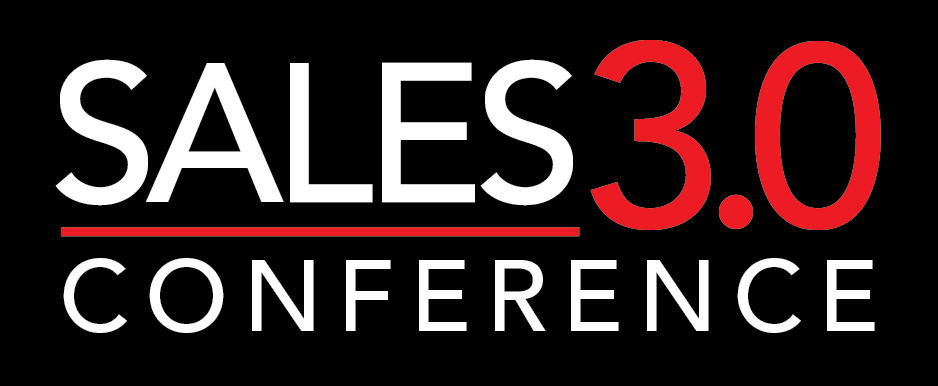They’re the two timeless objections every salesperson has nightmares about – the ones every sales manager spins their wheels over when coaching their salespeople: “Your price is too high!” and “I need to think it over.”
Books have been written, posters have been produced, and countless hours have been (and continue to be) spent teaching, preaching, and reinforcing the proper handling of such basic objections. Now, with the power of AI and applications such as invideo and Jasper.ai, what has always been a time-consuming distraction can be made more efficient by quickly and easily creating content that teaches and reinforces. In less than one hour, our CEO, Gerhard Gschwandtner, used AI to create the following training script outline and video on handling both the “Your price is too high!” and, “I need to think it over!” objections.
Script outline:
Don’t let a customer’s price objections or need for more time deter you. Learn effective strategies to address objections head-on.
“Your price is too high!”
When customers complain about your price being too high, don’t immediately defend it. Instead, do the following:
- Step 1: Take a moment to understand their perspective and ask questions to uncover their concerns. A simple, “I understand where you’re coming from” can go a long way.
- Step 2: Probe deeper. Ask questions to understand why they feel the price is too high. Even simply saying, “Please tell me more,” could help you uncover their underlying concerns.
- Step 3: Shift the conversation to focus on the value and benefits your solution offers. Remember: People don’t buy products; they buy solutions to their problems.
“I need to think it over!”
If a customer wants to “think it over,” try to help them through their decision-making process by finding out exactly what they are unsure about. Try this:
- Step 1: Don’t push for an immediate decision. Respect their need for time and space. You could say, “I understand you need to think about this.”
- Step 2: Seek clarity. Ask what specific aspects they would like to think over. You could ask, “Is it the price? Is it the implementation? Or is there another concern we haven’t talked about?” This will help you address their problems more effectively.
- Step 3: Provide additional information, testimonials, or case studies that might help them.
Quick Recap
When faced with the “high price” objection, don’t rush to defend your price. Instead, probe deeper to understand their concerns; then, reframe the conversation around value, reminding customers that the sweetness of low price is quickly forgotten when you have to deal day after day with the bitterness of low quality.
When dealing with the “think it over” objection, respect their need for time, seek clarity on what they want to think over, and help customers make their own decisions. You could say, “I am committed to working harder to make this decision easier for you.”
Remember: Every customer objection is a question in disguise. Every objection is an opportunity to understand your customer better and tailor your approach to meet their needs. So, the next time you encounter these objections, you can apply these proven principles and close more sales.




